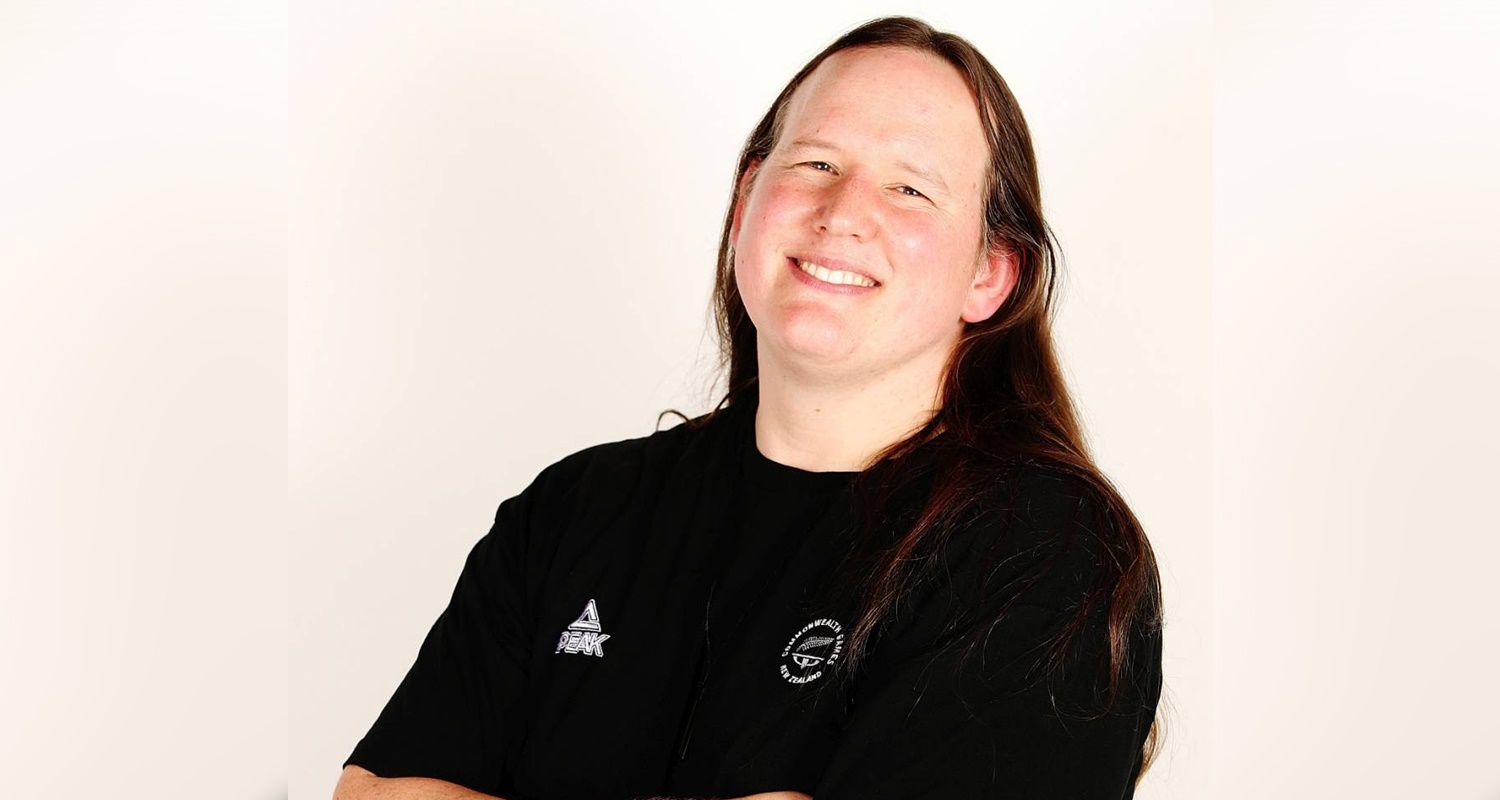Petition to ban trans athletes from the Olympics amasses more than 28,000 signatures
Laurel Hubbard became the first trans athlete to qualify for the Olympics when she was selected for the New Zealand weightlifting team earlier this year.

Words: Alastair James; pictures: olympic.org.nz
A petition against trans athletes competing in the 2020 Tokyo Olympics has gained more than 22,000 signatures.
It was announced in June that Laurel Hubbard had been selected to compete for New Zealand’s women’s weightlifting team after meeting the eligibility criteria.
The 43-year-old athlete from Auckland is the first trans-athlete to compete in the Olympics and would be doing so in the women’s 87kg category.
“All parties have simply followed the rules”
In a statement last month, Hubbard said: “I am grateful and humbled by the kindness and support that has been given to me by so many New Zealanders.
“The last 18 months has shown us all that there is strength in kinship, in community, and in working together towards a common purpose. The mana of the silver fern comes from all of you and I will wear it with pride.”
Her selection was met with many positive responses, including the New Zealand Prime Minister, Jacinda Ardern, who said: “All parties have simply followed the rules.”
The International Olympic Committee issued new guidelines in 2015 stating that trans women must have testosterone levels below 10 nanomoles per litre for at least 12 months before their first competition.
Despite meeting these criteria, there have been some who have argued that Hubbard should not be allowed to compete.
A Change.org petition, started by someone in the UK called ‘Defend Women’s Sport’, claims that women’s sport is being “effectively erased” due to the inclusion of trans women and is calling for the IOC’s policy – considered to be the best practice – to be suspended.
Belgian weightlifter Anna Van Bellinghen has previously been reported by the BBC as saying that Hubbard’s inclusion is “unfair” and “like a bad joke”.
It’s worth noting that trans people have been allowed to compete at the Olympic Games since 2004 – almost two decades. Not only have no trans athletes won a medal in that time, but until Hubbard’s qualification, no known trans people have even qualified for the Games.
Speaking to Attitude last month, Imagine Dragons frontman Dan Reynolds spoke eloquently about the need to protect trans people’s right to participate, as several US states introduce legislation to limit their participation in school sport.
“Our trans youth absolutely need to be playing sports,” the singer said. “And they need to be playing sport with what they identify as.
“Statistically, kids who play sports have better life expectancies and are happier. Looking at our trans youth, who are super at risk, the suicide rate is skyrocket high. We can either give them sport or take it away. Or force them into a situation that is dangerous for them. You take them out of the dangerous situation and give them sport.”
With audible tension in his voice, he continues: “For people who are like: ‘they’re taking over the Olympics!’ – no, they are not. That is false. ‘Well look at this one example!’ No. I’m sorry. Don’t give me one example. Let’s talk about the masses. And by the way, our kids’ lives are more important than sport.”
